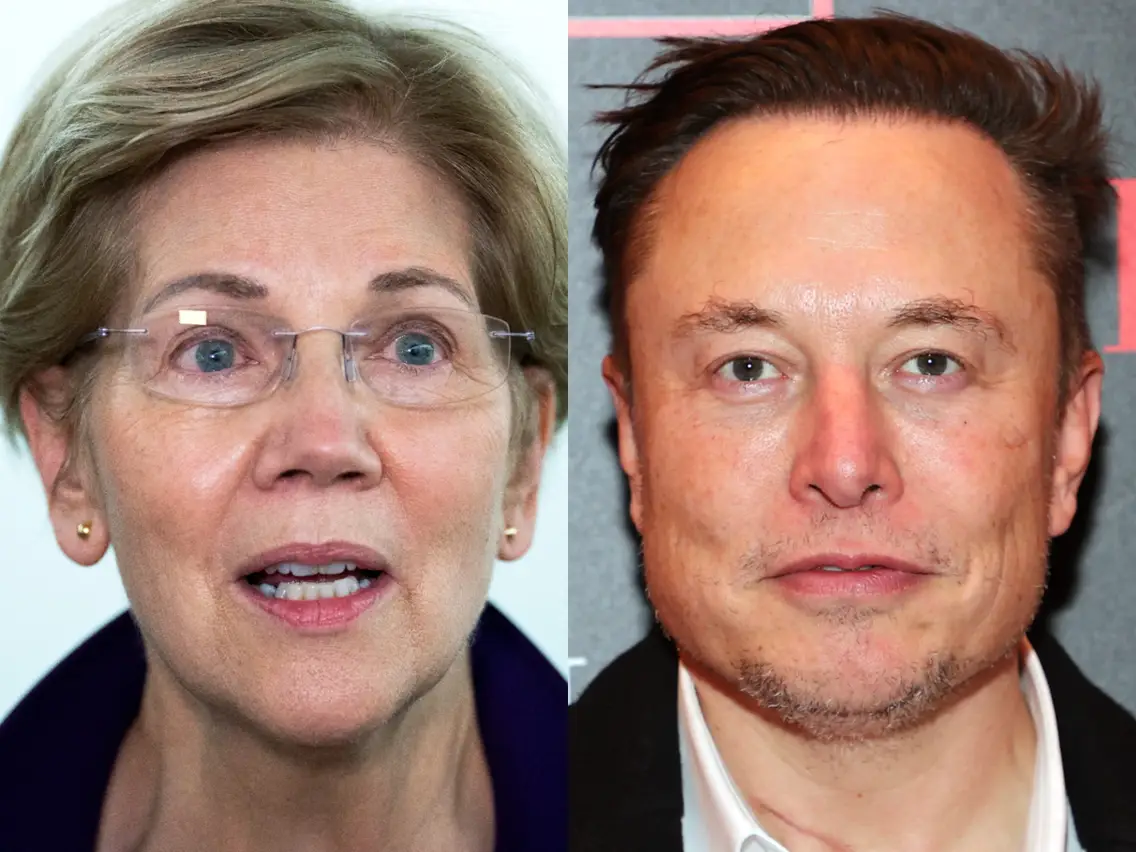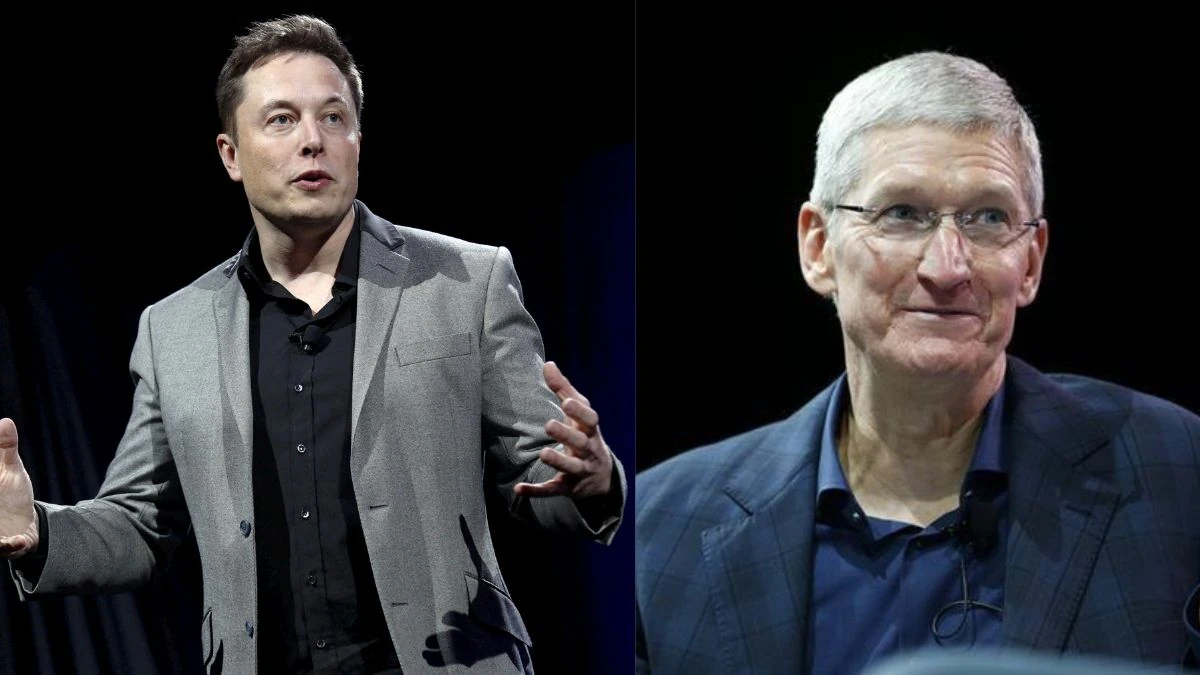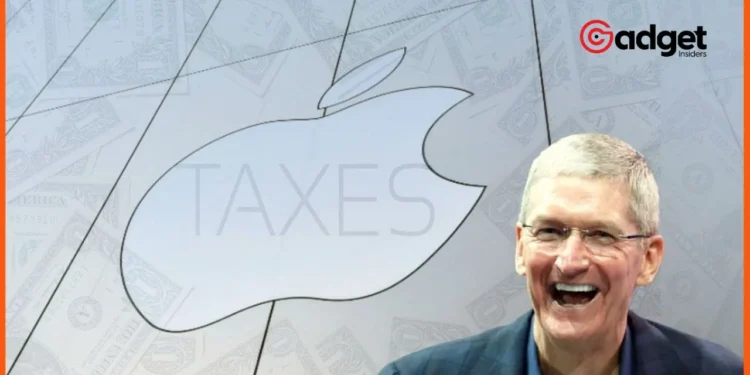A report states that Elon Musk tops the list of CEOs who have avoided most taxes in the US. In an era where the discourse around income inequality and corporate responsibility has intensified, recent findings shed light on the staggering disparities between CEO compensation and their corporations’ tax contributions.
The Institute for Policy Studies, in collaboration with Americans for Tax Fairness, has unveiled a comprehensive report that scrutinizes the financial maneuvers of America’s corporate titans, revealing a landscape marred by excessive executive pay and minimal tax obligations.

The Unsettling Reality of CEOs in America
At the heart of these revelations is a concerning trend: a significant number of America’s most familiar corporations have systematically minimized their tax burdens while simultaneously rewarding their top executives with lavish compensation packages.
The report, examining data from 2018 to 2022, uncovers that more than half of the scrutinized corporations have allocated more funds towards executive compensation than towards their net tax payments.
Elon Musk, CEO of Tesla and crowned The New Republic’s 2023 Scoundrel of the Year, epitomizes this phenomenon. Under Elon Musk’s leadership, Tesla has not only achieved remarkable profitability but has also navigated the complex web of tax legislation to sustain an effective tax rate of zero percent.
This has been achieved through strategic loss carryforwards and offshore tax strategies, all while Elon Musk’s compensation, primarily through stock options, has reached astronomical figures.
Binance CEO Appears in Court for Alleged Tax Evasion Charges https://t.co/kzfKTEnMna pic.twitter.com/lFbu5OKmUa
— Lonercres (@momohtosin2) April 5, 2024
The Terrible Ten: A Spotlight on Tax Dodging
The report identifies a group labeled as the “Terrible Ten,” which includes prominent names such as T-Mobile, Netflix, Ford Motor Company, and Metlife, among others. These firms, apart from Tesla, have collectively amassed over $120 billion in profits over the examined period, with executive compensation exceeding $3 billion.
Notably, these corporations have managed to maintain tax rates that are not just low but, in some instances, negative, underscoring the extent of tax avoidance strategies in play.
The implications of these practices extend beyond mere numbers. They reflect on the broader societal and economic dynamics, highlighting a growing divide between the executive echelons and the average worker.
The disparity in compensation and tax contributions raises critical questions about the ethical and social responsibilities of corporations in today’s society.

Innovations or Inequities?
While corporations and their executives enjoy the fruits of their financial strategies, the report also casts a shadow on the real-world impacts of these actions. For instance, T-Mobile’s merger with Sprint led to significant layoffs despite stock buybacks, while Netflix has increased subscription rates amidst soaring profits.
These actions, among others highlighted in the report, underscore a troubling trend of prioritizing profits and executive compensation over employee welfare and societal contributions.
A Historical Perspective on Corporate Taxes and CEO Pay
The report draws a stark comparison between today’s corporate tax contributions and those of the past. In 1965, corporate taxes accounted for 21.8 percent of all federal revenue, with the CEO-to-median worker pay ratio standing at 21 to 1.
Fast forward to 2022, and the landscape has dramatically shifted, with corporate taxes comprising only 8.7 percent of federal revenue and the pay ratio escalating to 344 to 1.
This historical context emphasizes the growing chasm between the rich and the average worker, fueled by decades of policy decisions and corporate strategies aimed at maximizing profits at the expense of broader societal welfare.

Policy Responses and Future Implications
The findings of the report are not just a reflection of corporate America’s current state but also a call to action for policymakers. Initiatives like the Inflation Reduction Act, which imposes a tax on stock buybacks, and proposed legislation aimed at equalizing the tax rates for domestic and overseas profits, represent steps towards addressing these inequities.
The upcoming elections present a pivotal moment, with tax policies and corporate practices being central issues that could shape the future direction of income inequality and corporate responsibility in the United States. As the nation grapples with these revelations, the discourse around corporate ethics, executive compensation, and tax fairness continues to evolve.
The report from the Institute for Policy Studies and Americans for Tax Fairness not only sheds light on the practices of today’s corporate leaders but also challenges us to reconsider the role of corporations in contributing to a more equitable and just society.










